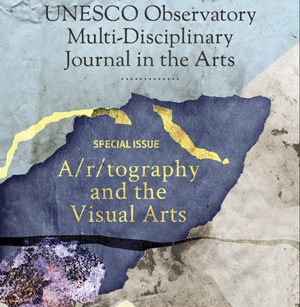
Volume 3, Issue 1
July 2013
Downloads

Volume 3, Issue 1.1
Editorial – A/r/tography and the Visual Arts
by Rita L. Irwin and Anita Sinner
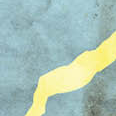
Volume 3, Issue 1.2
Educational Research, Photo Essays and Film: Facts, analogies and arguments in Visual A/r/tography
by Ricardo Marín-Viadel, Joaquín Roldán,
Miguel A. Cepeda-Morales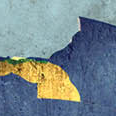
Volume 3, Issue 1.3
Indigenising research through a/r/tography A case study of a collaborative filmmaking project in Papua New Guinea
by Verena Thomas
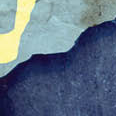
Volume 3, Issue 1.4
Interlude: Drawing group: The table was set in an artful fashion
by Petra Zantingh
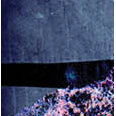
Volume 3, Issue 1.5
Seeing Learning Disability through Re/claiming a Book: An A/r/tographic Inquiry
by McClain Percy

Volume 3, Issue 1.6
Engaging A/r/tography to Reveal Countertransference: Enhancing Self-Awareness in Caregiving Professionals
by Susana Lauraine McCune
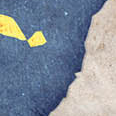
Volume 3, Issue 1.7
Interlude: Border Crossings: An a/r/tographic inquiry into disabling illness
by Zulis Yalte

Volume 3, Issue 1.8
Abstracting Children: Rendering Pedagogy in a Digital Art/Research/Text
by Marta Kawka
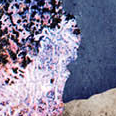
Volume 3, Issue 1.9
A Journey of Trust: Navigating Aesthetic Experience in a Pre-service Classroom
by Stephanie A. Baer
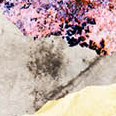
Volume 3, Issue 1.10
Interlude: Translated Energy
by Christy Ortiz

Volume 3, Issue 1.11
The Art-Based Teachers’ Professional development in the A/r/tographic Community
by Hung, Yung-Shan
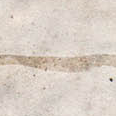
Volume 3, Issue 1.12
Preparing a gallery talk as lived inquiry: Exploring the spaces in-between knowledge in art museum education
by Marie-France Berard
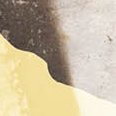
Volume 3, Issue 1.13
Interlude: Dialogical Space
by Heidi May
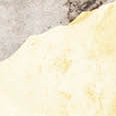
Volume 3, Issue 1.14
Landscape as metaphor/metonymy for classroom spaces: an a/r/to(bio)graphical approach for researching and imagining difference
by Natalie Kauffman
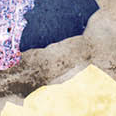
Volume 3, Issue 1.15
Becoming a Crossroads: An a/r/tographic journey in the borderlands
by Mindy R. Carter
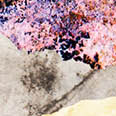
Volume 3, Issue 1.16
Displacement: The mandala guides me home towards different ways of knowing
by Lucille Korwin-Kossakowski
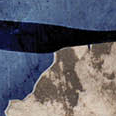
Volume 3, Issue 1.17
Text and Texture: An Arts-based Exploration o Transformation in Adult Learning
by Enid E. Larsen
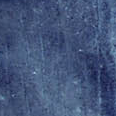
Volume 3, Issue 1.18
Interlude: Artist/ researcher/ teacher in Transit
by Corinna Peterken
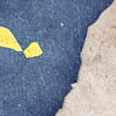
Volume 3, Issue 1.19
Smelly Ontology in A/r/tography: The Agency of Decay
by Patti Pente

Volume 3, Issue 1.20
Interlude: What Saved Me
by Daniel T. Barney
Guest Editors
Rita L. Irwin and Anita Sinner
To be engaged in the practice of a/r/tography means to inquire in the world through an ongoing process of art making in any art form and writing not separate or illustrative of each other but interconnected and woven through each other to create relational and/or enhanced meanings. A/r/tographical work are often rendered through the methodological concepts of contiguity, living inquiry, openings, metaphor/metonymy, reverberations and excess, which are enacted and presented/performed when a relational aesthetic inquiry condition is envisioned as embodied understandings and exchanges between art and text, and between and among the broadly conceived identities of artist/researcher/teacher. A/r/tography is inherently about self as artist/researcher/teacher yet it is also social when groups or communities of a/r/tographers come together to engage in shared inquiries, act as critical friends, articulate an evolution of research questions, and present their collective evocative/provocative works to others.
This special issue of Multi-Disciplinary Research in the Arts invites original creative and scholarly inquiry that engages in critical debates and issues regarding a/r/tographical methodologies; are exemplars of critical approaches to a/r/tographical research; and/or extend the boundaries of inquiry-based research. Contributions are welcome from disciplines across the arts, humanities and social sciences and in a wide range of formats including articles, essays, and artistic interludes, which explore diverse forms of the arts from drama, dance, poetry, narrative, music, visual arts, digital media and more.



















